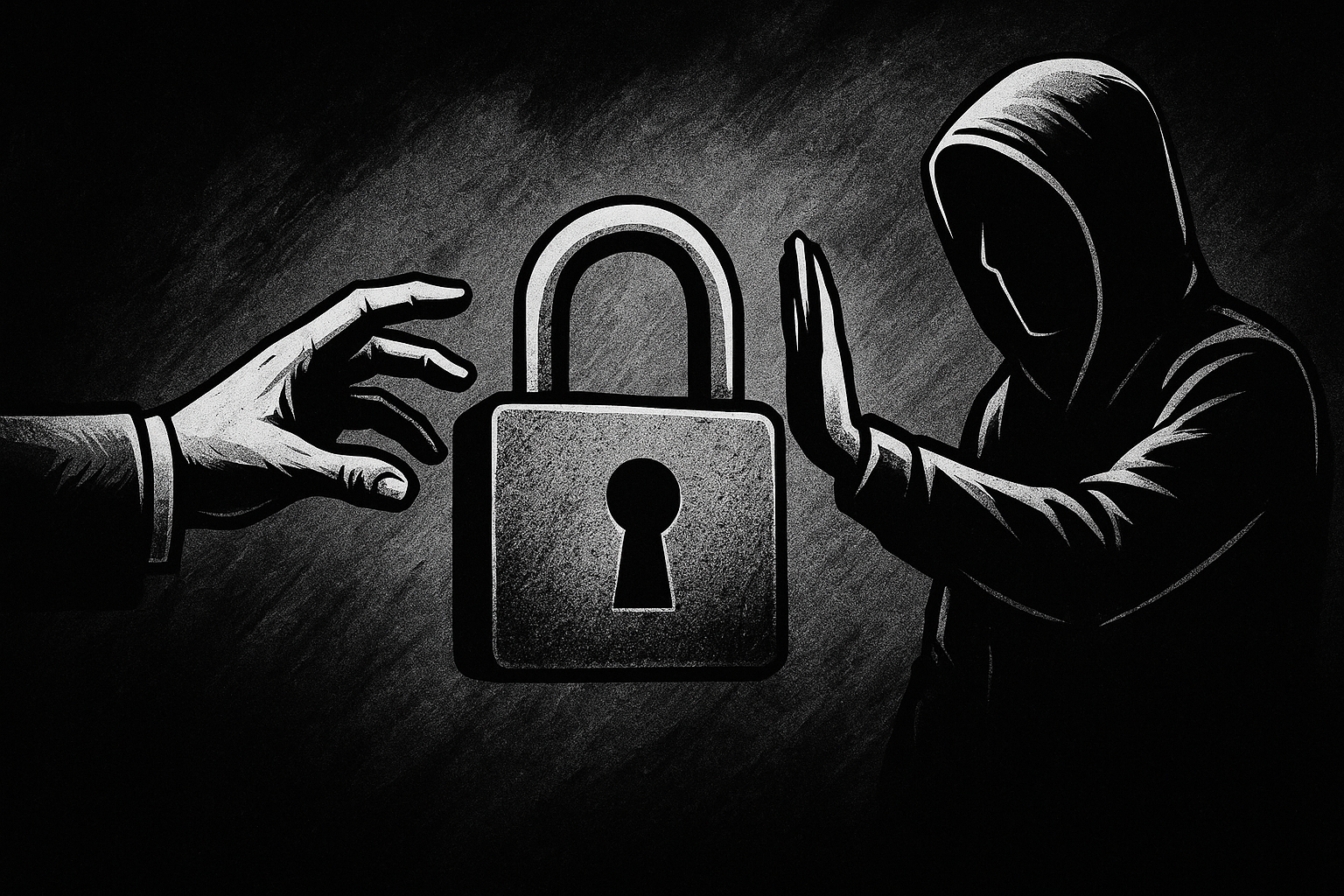A Win for Privacy, But Risks Remain
For months, privacy advocates have warned that the UK’s push to force Apple to break its own encryption could set a dangerous precedent. Now, in a surprising shift, officials appear to be backing away from that controversial demand — but the fight for secure communications is far from over.
UK Drops Its Apple Encryption Order
According to recent statements, the UK has quietly withdrawn its notice that would have required Apple to provide access to encrypted data worldwide. Civil liberties groups say this is a huge relief — the proposed backdoor would have eroded both personal and national security.
But because the demand was shrouded in secrecy under the Investigatory Powers Act, it’s unclear whether Apple is truly in the clear — or if other tech firms like WhatsApp may still face similar orders.
Apple’s Refusal to Break Encryption
Apple has long taken a firm stance: no master keys, no backdoors. Its Advanced Data Protection (ADP) ensures even Apple itself can’t view user data. To comply with the UK’s order, the company would have had to dismantle its own security framework. Instead, it withdrew ADP from the UK and mounted a legal challenge.
Whether that case will move forward remains uncertain, but one thing is clear: Apple has doubled down on its privacy-first posture.
Why Privacy Campaigners Are Still Wary
While campaigners cautiously welcome the UK’s apparent retreat, they warn the Investigatory Powers Act still allows future governments to revive backdoor demands. As Sam Grant of Liberty noted, such measures disproportionately threaten activists, minority groups, and political critics — the very people encryption is meant to protect.
This echoes broader concerns in the digital privacy world: once governments have the power to bypass security, no one is safe.
What It Means for Everyday People
The UK’s climbdown may be a short-term win, but it highlights an important reality: you cannot rely solely on Big Tech to protect your privacy. Encryption battles are ongoing, and legal loopholes remain.
That’s why many people are turning to tools like private browsers on Android, such as Incognito Browser, which minimize tracking and reduce data exposure when governments and corporations attempt to widen surveillance.
The Bigger Picture
From California’s CCPA enforcement to Canada’s evolving privacy laws, the global trend is clear: regulators want more access to personal data, while tech firms and citizens fight to hold the line on encryption.
The UK’s retreat is not the end of the story — it’s just the latest chapter in a long struggle over who controls your digital life.



